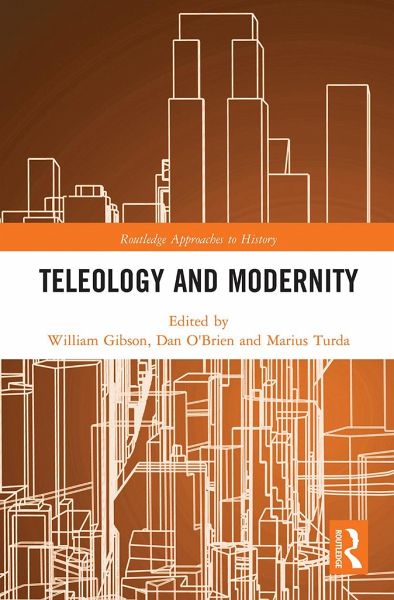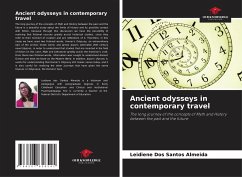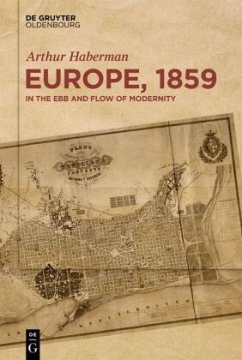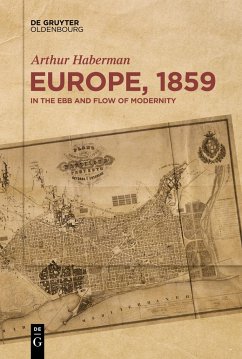
Teleology and Modernity
Versandkostenfrei!
Versandfertig in 1-2 Wochen
55,99 €
inkl. MwSt.
Weitere Ausgaben:

PAYBACK Punkte
28 °P sammeln!
The main and original contribution of this volume is to offer a discussion of teleology through the prism of religion, philosophy and history. The goal is to incorporate teleology within discussions across these three disciplines rather than restrict it to one as is customarily the case. The chapters cover a wide range of topics, from individual teleologies to collective ones; ideas put forward by the French aristocrat Arthur de Gobineau and the Scottish philosopher David Hume, by the Anglican theologian and founder of Methodism, John Wesley, and the English naturalist Charles Darwin.














